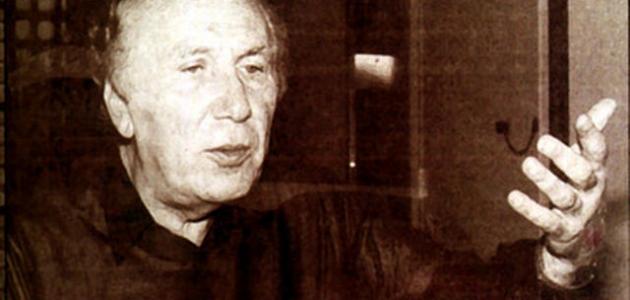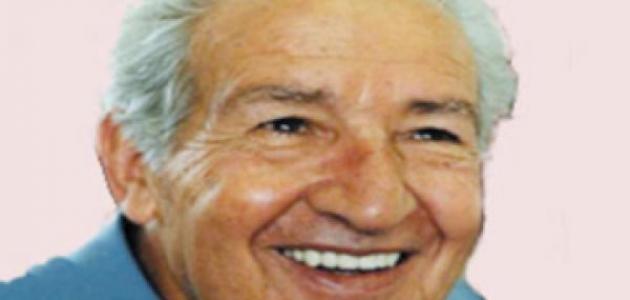Analysis of Nizar Qabbani's poems
It is true that every time has a state and men, and that Nizar Qabbani is one of the men of this contemporary time whose name is written in gold in the Book of Life, because he established a school of his own in poetry, style, and method of presentation as well, so that you almost do not read his poetry without knowing who he is. He wrote it so that you know that the writer of the words is Nizar and no one else, because he has his own splendor, and imitators of his style came who wanted to reach his status, but it is impossible for them to realize him.
Each person has his mark that distinguishes him, as well as every poet has his mark that distinguishes him as well, and the imprint of Nizar's poetry is difficult and easy. Is there a woman left who was not penetrated by his words? Did he remain in love and did not repeat his verses? And how many old and young singers sang to him, everyone raced and raced to sing his poems, those poems full of meanings in the sweetest form of words.
Nizar Qabbani was born in Damascus in 1923 from a distinguished family. He obtained a baccalaureate, then joined the Faculty of Law at the Syrian University, from which he graduated in 1945.
His father was distinguished by a rare sensitivity and his love of poetry and all that is beautiful. Nizar inherited this delicate artistic sense, in turn, from his uncle, the poet, author and composer Abi Khalil Qabbani, and Nizar Qabbani's childhood was characterized by a love for discovery and dismantling things in search of the unknown, and he had interests in drawing. Then he got interested in music.
Read also:From the antics of the ArabsThen, after his graduation, he joined the diplomatic work, and moved between the cities of Cairo, Ankara, London, Madrid, Beijing, and London. In 1966, after leaving the diplomatic career, he devoted himself entirely to poetry and established a publishing house in Beirut.
Nizar Qabbani first began writing traditional vertical poetry, then began writing free poetry based on the taflih unit, and thus contributed to the development of modern Arabic poetry to a large extent.
Also, Nizar Qabbani is considered the founder of a poetic and intellectual school of his own, and his first four collections dealt with poems of a peak in romance. Then Nizar Qabbani was also distinguished by his strong, sparkling political poetry. His sister's suicide had a great and sad impact on his life, so he decided to fight all the things that caused her death. Then Nizar married twice, and the first marriage was to his cousin’s daughter and the second to Balqis, the Iraqi, from whom he gave birth to Omar and Zainab. The death of his son Tawfiq from his first wife was a great shock to him, then his wife, Balqis al-Rawi, was killed in an explosion that targeted the Iraqi embassy in Beirut, which left him in his mind. His soul and chest were wounds that did not heal after that, and he inherited it with a famous poem called Balqis, and it is considered one of the most beautiful poems in which a poet lamented his wife.
Psychological analysis of the dimensions of Nizar Qabbani's personality
Read also:Summary of the play Scheherazade by Tawfiq al-HakimNizar the human being enjoys exceptional psychological cohesion and is able to mobilize his efforts and abilities to serve his purpose. He is driven by his tumultuous instincts, and tends to withdraw like all poets and live far and alone with himself. He is also eager for fame, revolution, rebellion, power, and the love of women in general.
Likewise, Nizar was intelligent and brilliant in the use of words, meanings, and images, and his speech enters the soul directly without complication because it stems from a sincere feeling and sparkling, spontaneous and ardent feelings.
This is Nizar Qabbani, and those are his poems, and if we spent a lifetime writing about him and her, we would not have fulfilled his right and her right.









